Aussie sisters making $40k a month from recycled bikinis
Molly and Lucy Cochrane have found a gap in the market with their unique bikinis, netting them thousands of dollars.
Bored and injured from a basketball game in 2017, Lucy Cochrane, 21, took an interest in business and found a unique gap in the ethical swimwear market.
Joining forces with her sister Molly, 23, the Melbourne-based entrepreneurs convinced their mother (who knew a little about sewing) to learn how to make swimwear.
After testing the waters on Instagram, they knew they were onto something special – and Leni Swims was born.
Though they still handmake their swimmers, they’re now wrapping up their biggest year yet, which saw just under half a million dollars in sales.
“It’s pretty weird! We almost didn’t realise [we’d made that much], but it’s not just about the figure of money. We’re mostly excited to see what we can achieve over the next few years,” Molly said.
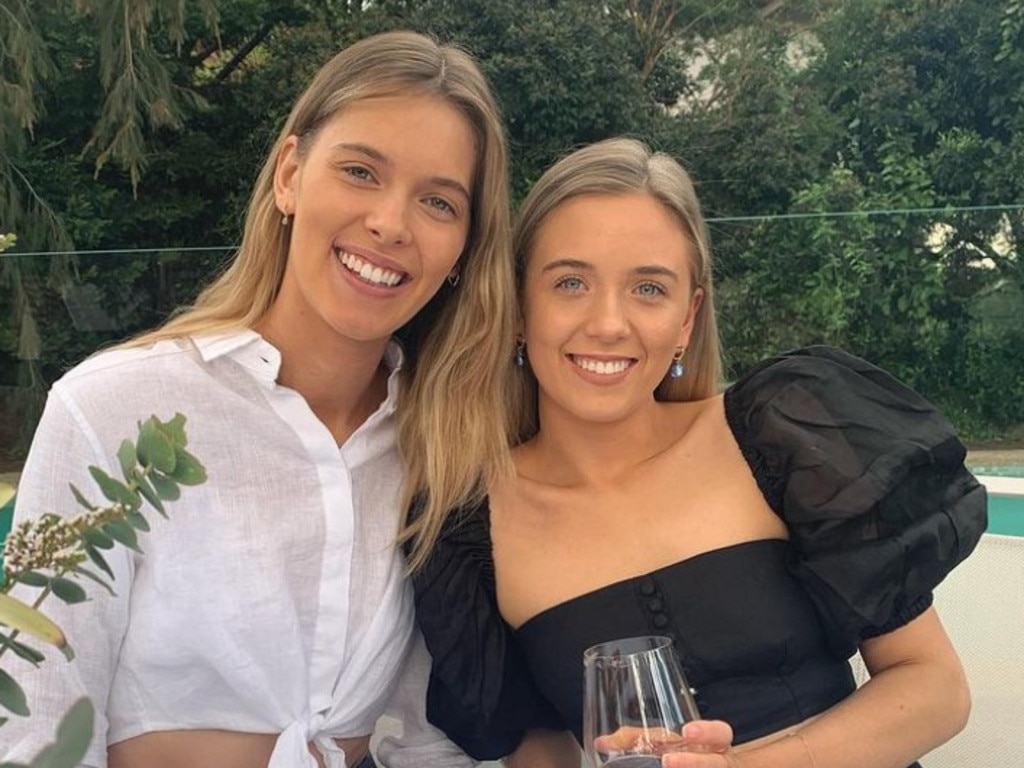
The sisters aren’t driven solely by profit – instead, Leni Swims is dedicated to being sustainable in every corner of their business.
“After growing up in the online space I’ve realised the impact of fast fashion in so many ways and levels,” Molly said.
From day dot, they were conscious of creating products that were ethical and long-lasting. The brand’s bright and bold patterns are printed onto an ethical material called Repreve, created in the United States from recycled plastic bottles.
“We’re trying to make it affordable, but our idea is that, if you’re spending just a little bit more, it will last longer, and you’ll love it more too,” Molly said.
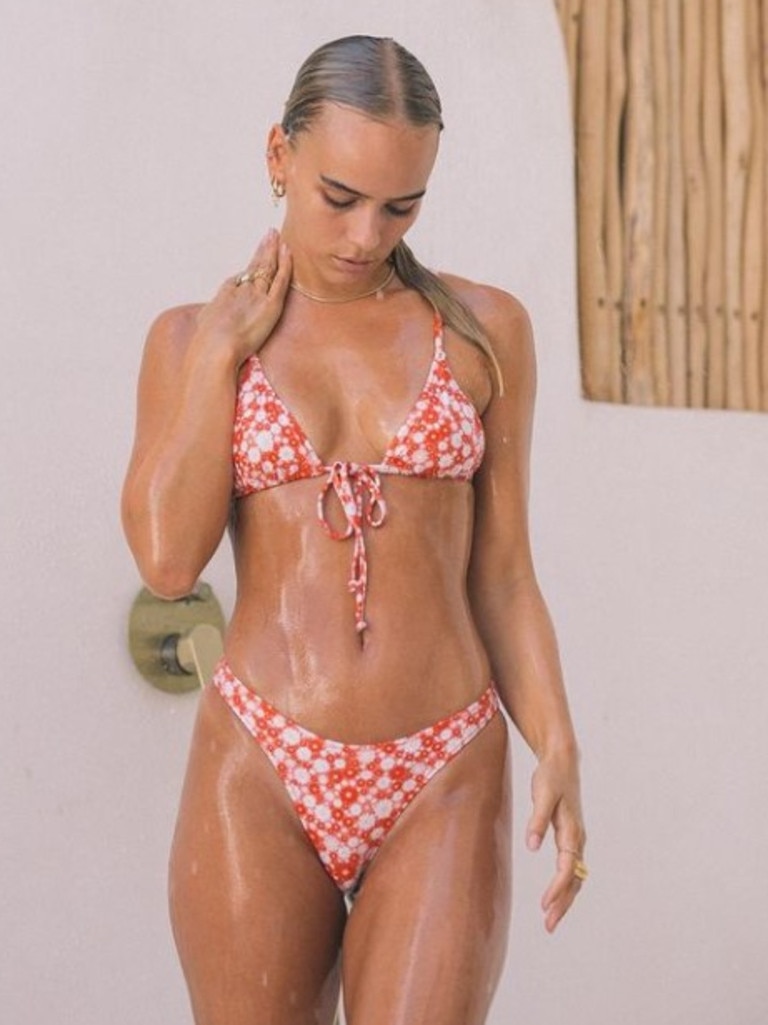
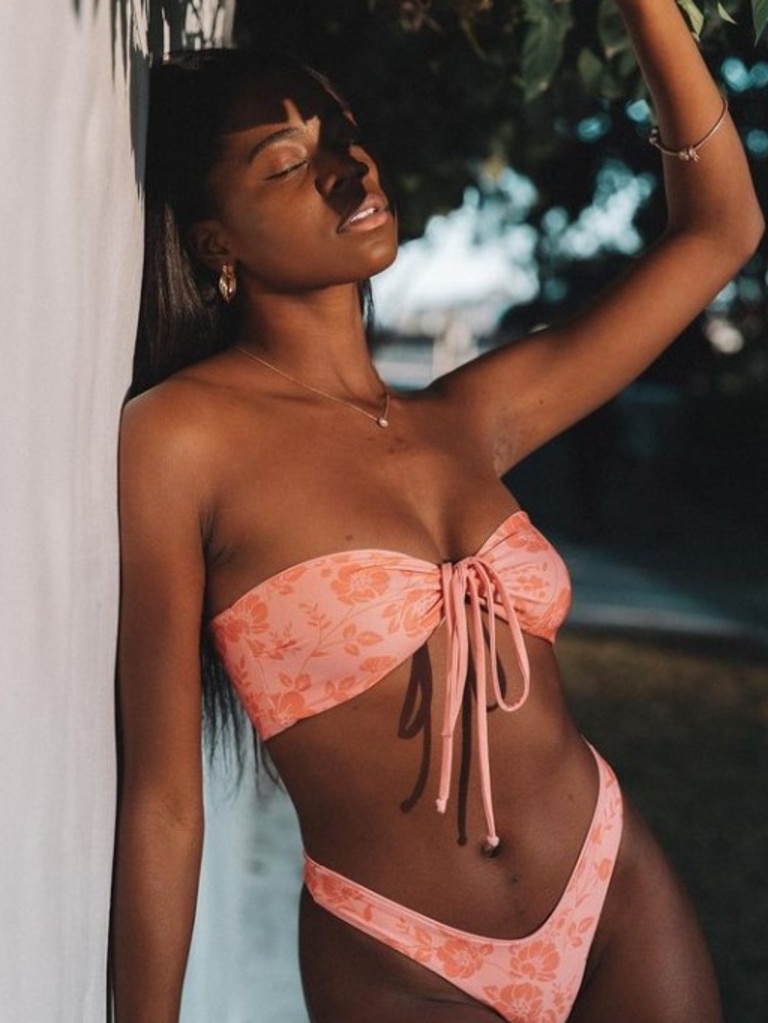
The team at Leni Swims is also keen to challenge overconsumption.
“It can be tempting to be like, ‘We just want to keep making money’, but we try not to have too many sales. We don’t want our customers to just buy, buy, buy,” Molly said.
Working from a plastic-free studio and using compostable shipping bags, the sisters also admirably only make products their customers actually order.
“That’s why my mum, Anne, is still sewing. Our pre-order model enables us to reduce waste,” Molly said.
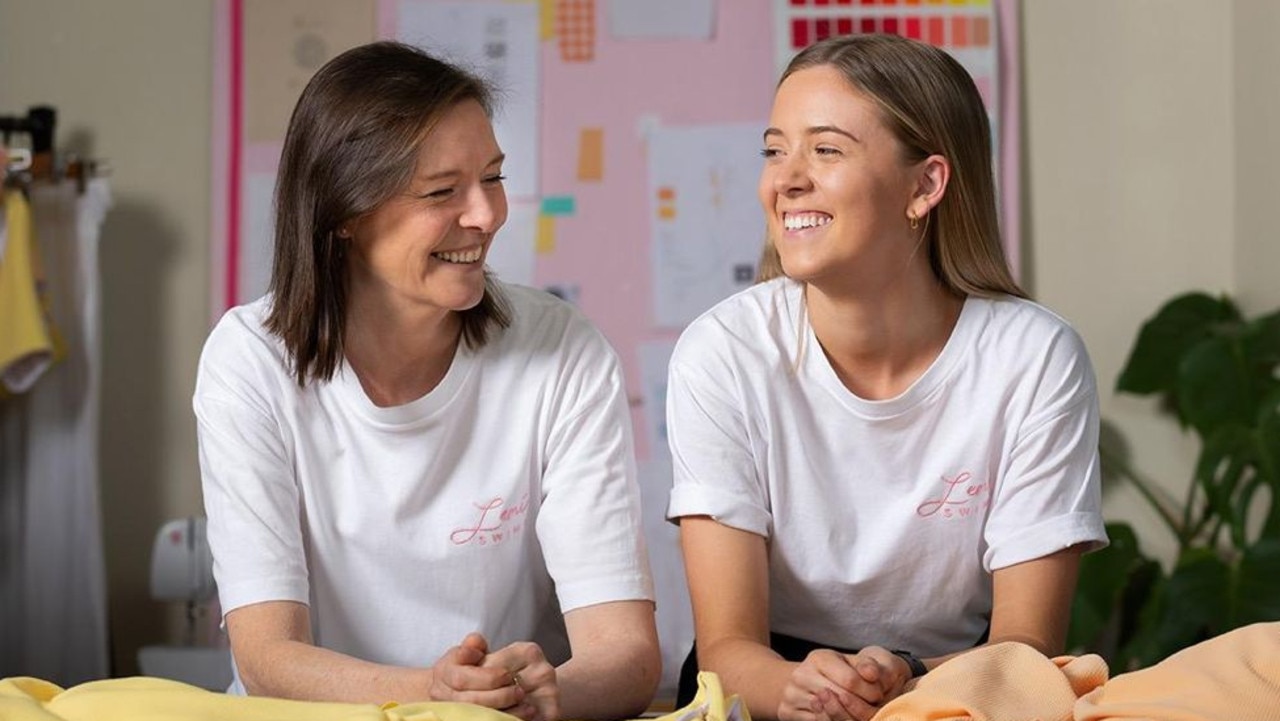
But bigger things are around the corner for the sisters, with the Leni Swims production being handed over to a small team at a rigorously-checked ethical factory in Bali.
“As much as we’d love to keep [the production] with just Mum, we can’t keep up anymore,” Molly said.
“We’ve really taken our time to choose the factory, making sure we know all about their wages, what exactly they’re receiving, and also making sure the quality [of the product] is the same as our quality.”
With plans to expand shortly into the American market just in time for their summer, the Cochrane sisters are determined to continue circling back to their core mission of sustainability.
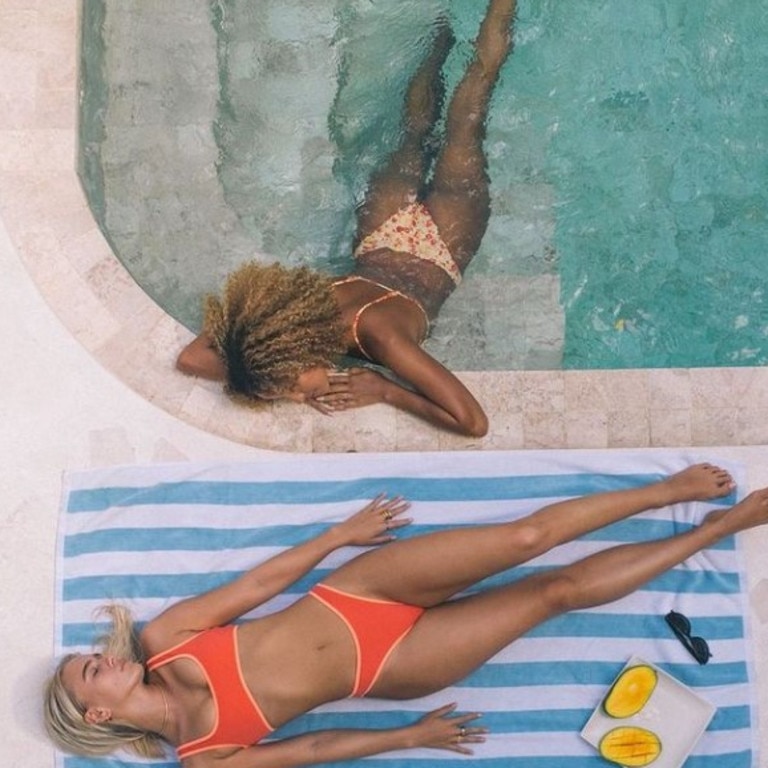
Another sustainable brand making waves in Australia’s is Team Timbuktu. Founded by nature lover Rhianna Knight, 30, the brand aims to encourage everyone to get outdoors by providing accessible and sustainable outdoor clothing.
Discouraged by the industry’s disinterest in catering to beginners, Rhianna took matters into her own hands after a light bulb idea she had while hiking in Patagonia.
“I was having all of these thoughts, hiking in one of the most beautiful places in the world, and I was in clothes I felt absolutely rubbish in. I didn’t want to have my photo taken because I was wearing things that looked ridiculous,” Rhianna said.
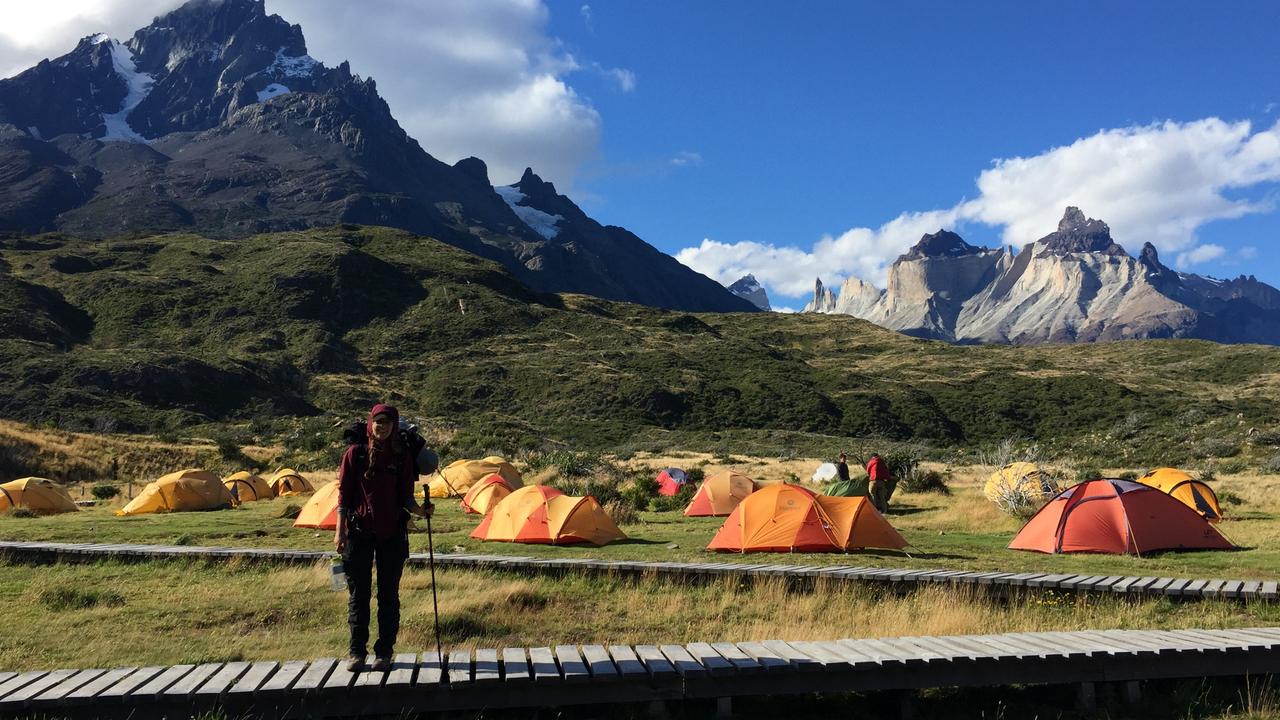
With previous knowledge in fashion and snowboarding apparel, Rhianna understood how confusing the market seemed to newbies.
“There wasn’t much to support people starting up. It’s like, I know I need something technical like a waterproof jacket, but how come this one is $700 and this one is $100? It was confusing,” she said.
Thanks to her previous skills, Rhianna slipped seamlessly into product development, taking the reins from the first sketch through to sampling, bulk production and distribution.
She launched a Crowdfunding campaign in 2018, and since then, the brand has been growing steadily.
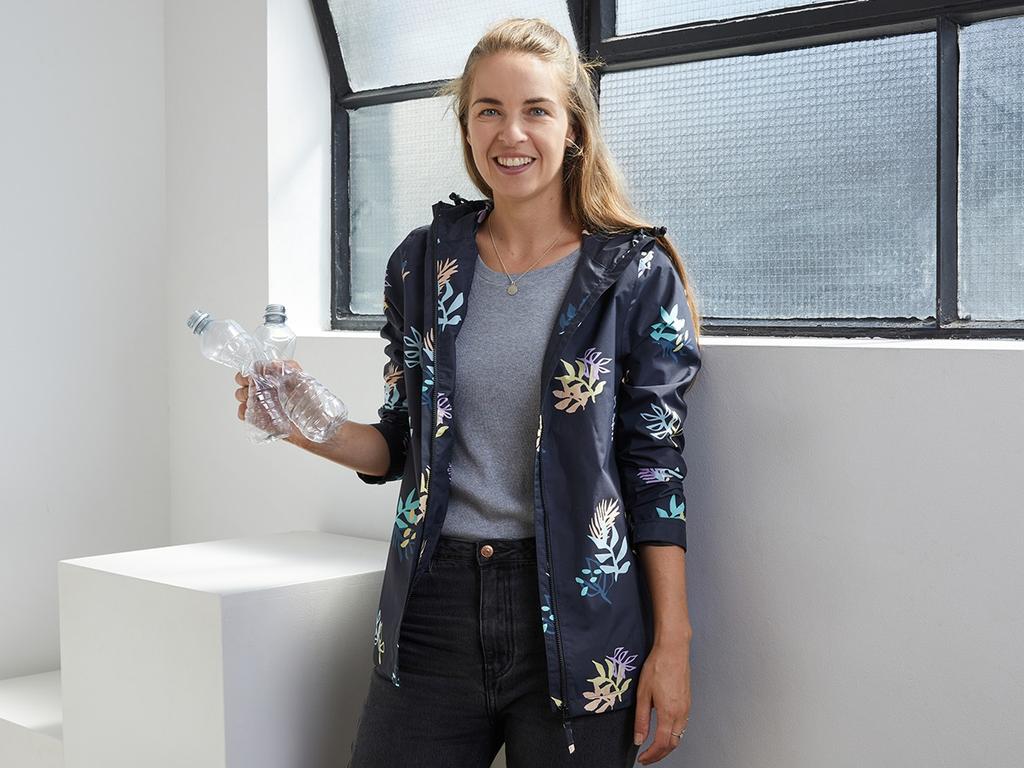
For Rhianna, sustainability is simply common sense.
“My brand encourages people to go outdoors, go to that waterfall, see cool things, and get out of their comfort zone. If we were making garments that had a negative effect on the outdoors, it just wouldn’t make sense,” Rhianna said.
Armed with the knowledge of working in the sustainability space, she’s conscious of the impact of every little choice she makes. For that reason, Team Timbuktu was founded on the pillars of sustainability, accountability and transparency.
Rhianna’s dedication to making a difference is clear as day. From working directly with fabric mills that she would visit yearly pre-pandemic, to planting a tree for every order, the brand’s goal is to use sustainability as a continuous method of improvement.
“The goalposts keep moving. Sustainability is not something you can just achieve – we’re always trying to work on improving and reducing our impact when it comes to products,” she said.
With their garments currently being created from material made with recycled plastic in Taiwan, Rhianna and the team have big plans to experiment with alternative ethical materials in the next few years.
So what’s next for the team?
Well, everything. Carbon neutrality and linking each individual product to its unique carbon footprint is big on Rhianna’s mind, as well as releasing more sustainability reports and digging deeper into the transparency of their supply chain.
“We’ve done so much incredible work over the past few years, but this is just the tip of the iceberg.
“I end up sounding like a mad person talking about carbon neutrality and it’s like, ‘I’m just trying to buy a pair of leggings’,” she laughs.
Imogen Kars is a freelance writer.
This content is created in sponsorship with Volvo
Originally published as Aussie sisters making $40k a month from recycled bikinis




